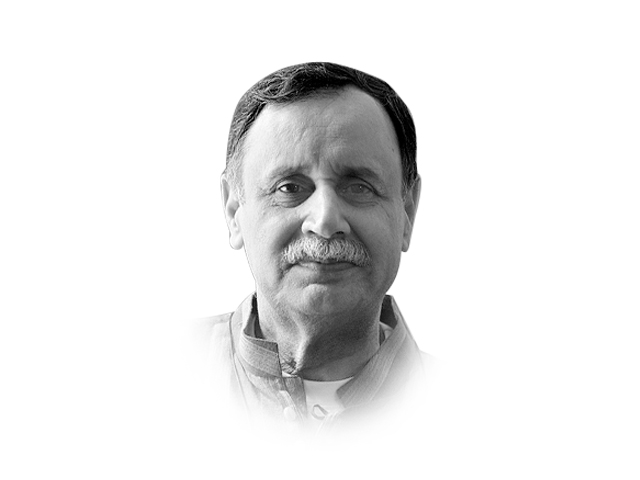
Three self-acquired ailments continue to impede Pakistan’s progress and prosperity — a very high TFR i.e. Total Fertility Rate; failure to adopt digital technology; and extremely low financial inclusion of ordinary citizens. Collectively they manifest themselves in the chaos and disorder which may be seen at every service counter, intersection, airport or a government office in Pakistan. Observe a routine process of some 300 passengers undergoing immigration checks at Karachi’s Jinnah International Airport. Instead of queuing in the designated aisles, they would throng in large numbers creating a mob in front of each counter. The immigration staff neither makes any effort nor knows how to manage a queue. In fact, they only add to the chaos by enabling the escorted influential and the entitled VIPs to bypass the system. The chaos, classism, poverty and under-development of Pakistan are the inescapable consequence of a high TFR, failure to adopt digital technology and the financial exclusion of its ordinary citizens.
Financial inclusion is essential for bringing prosperity in the lives of ordinary citizens. Most workers in Pakistan do not receive even the entitled minimum wage and have little access to banking services. The State Bank data suggests that in 2021, about 84% of all bank loans in Pakistan were given only to a select 54,000 already rich individuals. Yet other studies suggest that only 3.3% of the bottom 40% population of Pakistan received any bank loan in 2021. This is an extreme example of a state overly generous to its elite and utterly resentful of its poor. By denying the minimum wage as well as the bank loans, we close the doors for the largest section of our society from making any progress in their lives.
Despite an excellent NADRA database, Pakistan has completely failed to create digital systems that could improve its planning, services or governance. We are unable to register 60% of our newborns and 80% of our deceased. We fail to include 90% of our workforce in EOBI. We have no means to identify millions of exploited workers who are not paid even the minimum legal wage. Only 3.2 million out of 227 million people pay tax, and we do not have the digital means to track the rest. About 56% of our economy is undocumented. The government’s choice of not documenting and digitising its economy has resulted in a situation of eternal dependence on donor agencies. Instead of creating foolproof digital systems and controls, the government keeps adding additional layer of affidavits, indemnity bonds and attestations. Pakistan’s progress critically hinges on its ability to part with its chaotic ‘affidavit’ dependent governance and adopt modern digital technology and techniques for all its processes, services and financial transactions.
The subject of population planning continues to remain absent from our national discourse. With 13,600 new babies arriving each day at a TFR of 3.5, Pakistan is unmistakably headed for a disaster, big enough to offset any other gains. At the existing population growth rate, Pakistan fights a losing battle in overcoming its deteriorating cycle of poverty, disease, disorder and illiteracy. It failed to achieve any of the 8 millennium development goals and has almost zero chance of achieving any of the 2030 SDGs. We refuse to learn from the remarkable achievements of India and Bangladesh who have succeeded in bringing down their TFRs to 2.0 and 1.9 respectively. The deteriorating economic condition, extreme poverty, joblessness and shortage of fuel, food and energy challenge the very security and sustenance of Pakistan.
Population is too important and urgent a subject to be pushed under the carpets of different provincial ministries. It ought to be turned into an integrated nationwide movement that can adopt and implement creative approaches to bring down the TFR to 2.0. Not doing so is closing the doors of progress for Pakistan and a better future for its children.
Published in The Express Tribune, July 16th, 2022.
Like Opinion & Editorial on Facebook, follow @ETOpEd on Twitter to receive all updates on all our daily pieces.



1732243059-0/mac-miller-(2)1732243059-0-165x106.webp)

1672385156-0/Andrew-Tate-(1)1672385156-0-165x106.webp)







COMMENTS (6)
Comments are moderated and generally will be posted if they are on-topic and not abusive.
For more information, please see our Comments FAQ